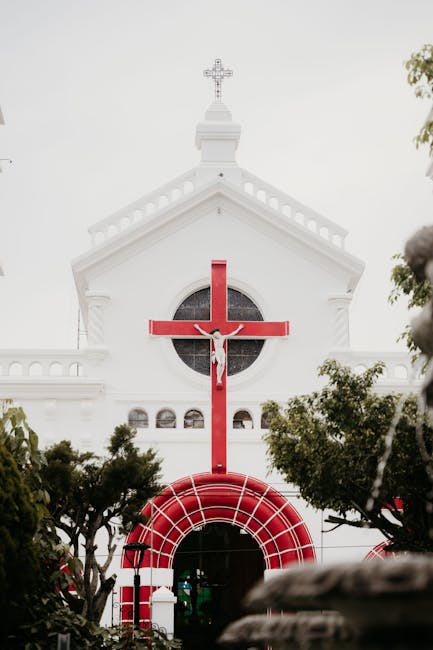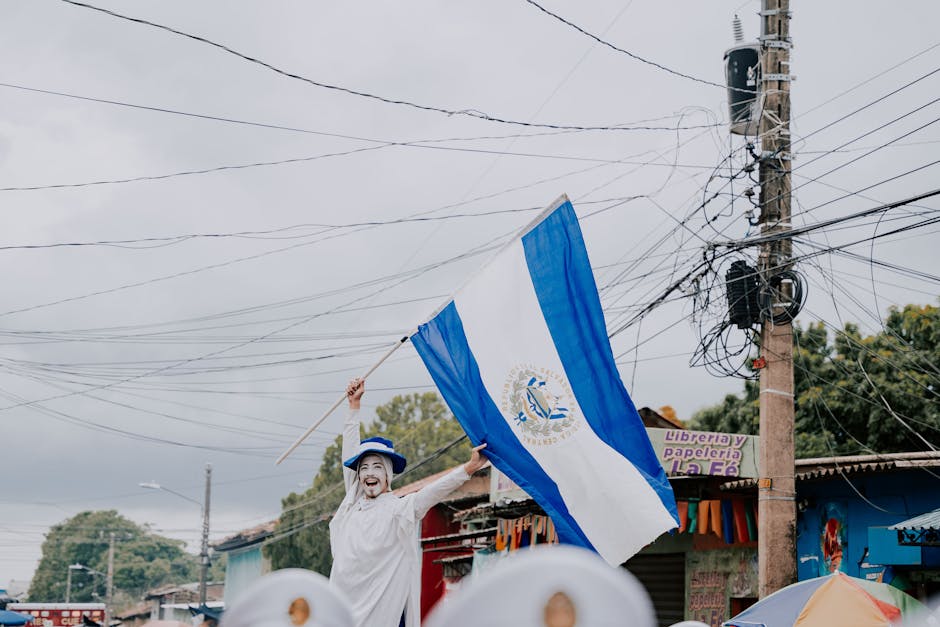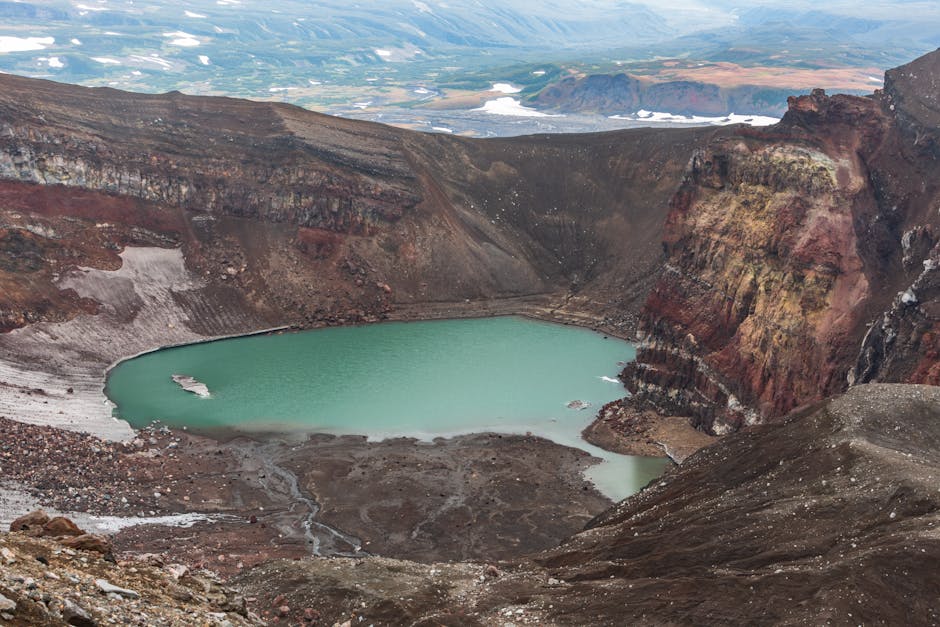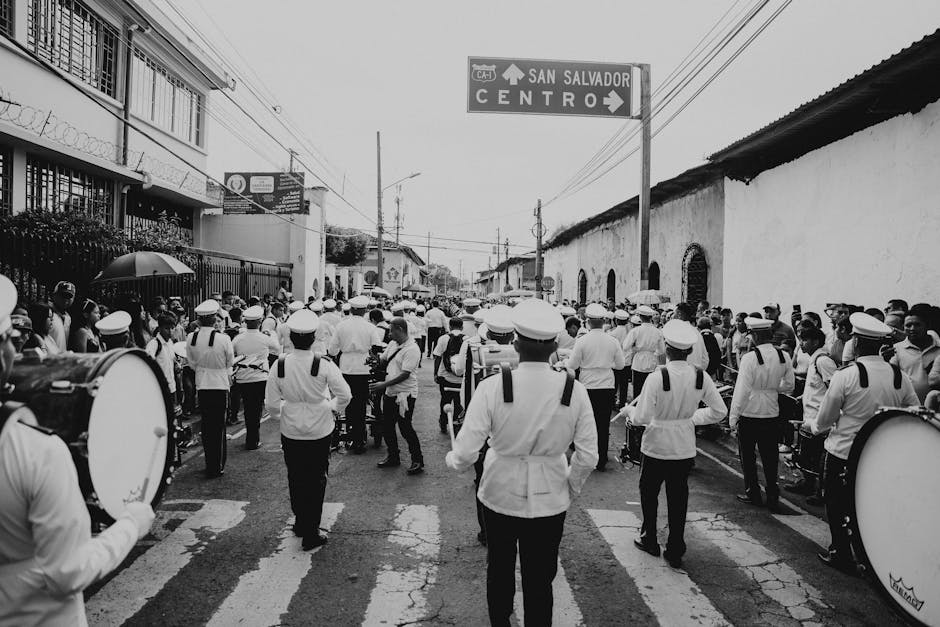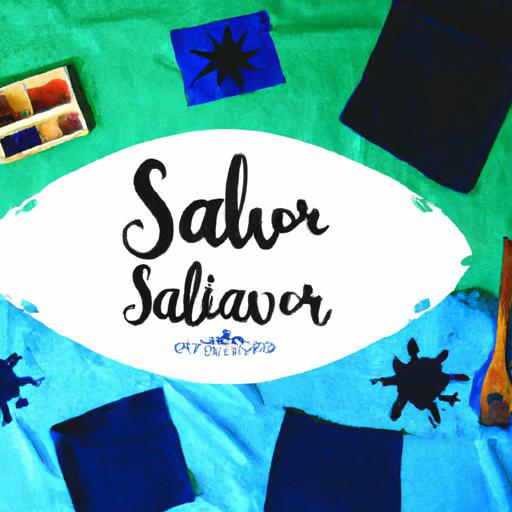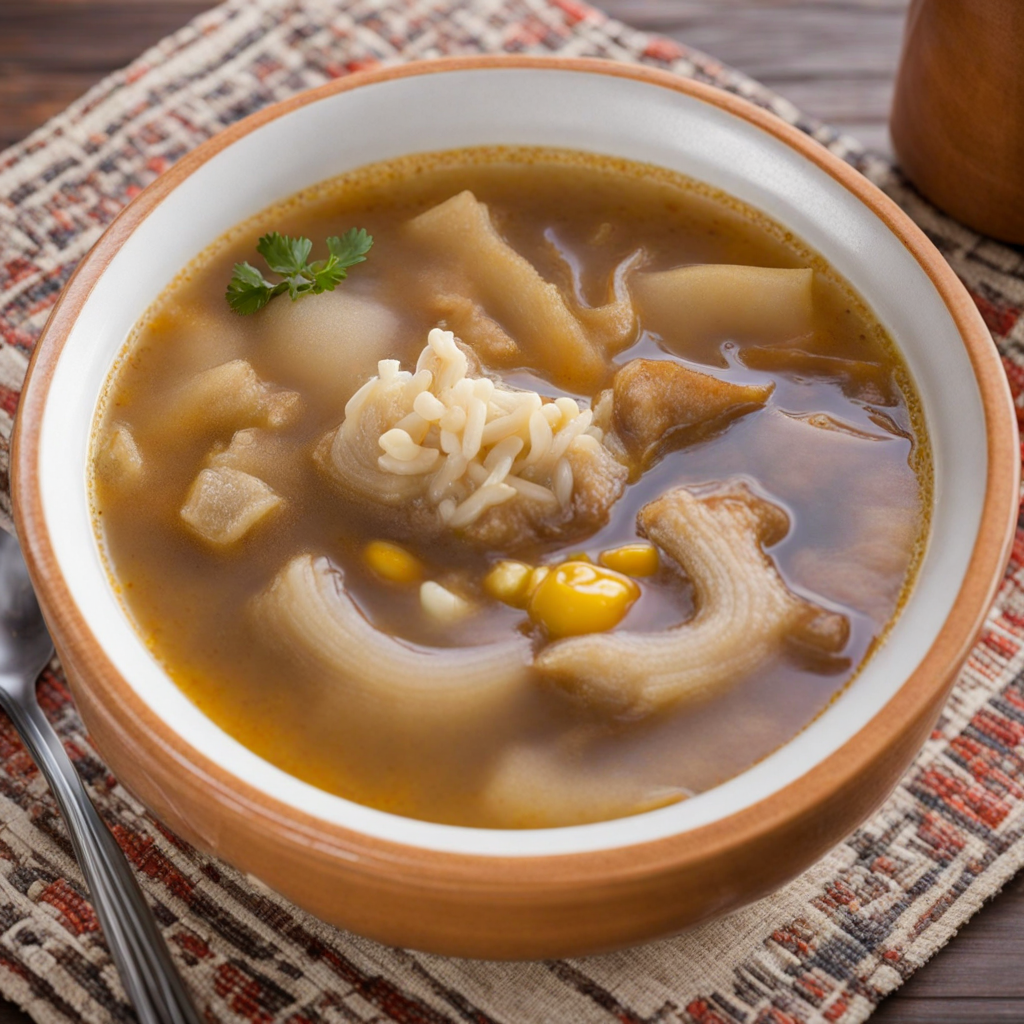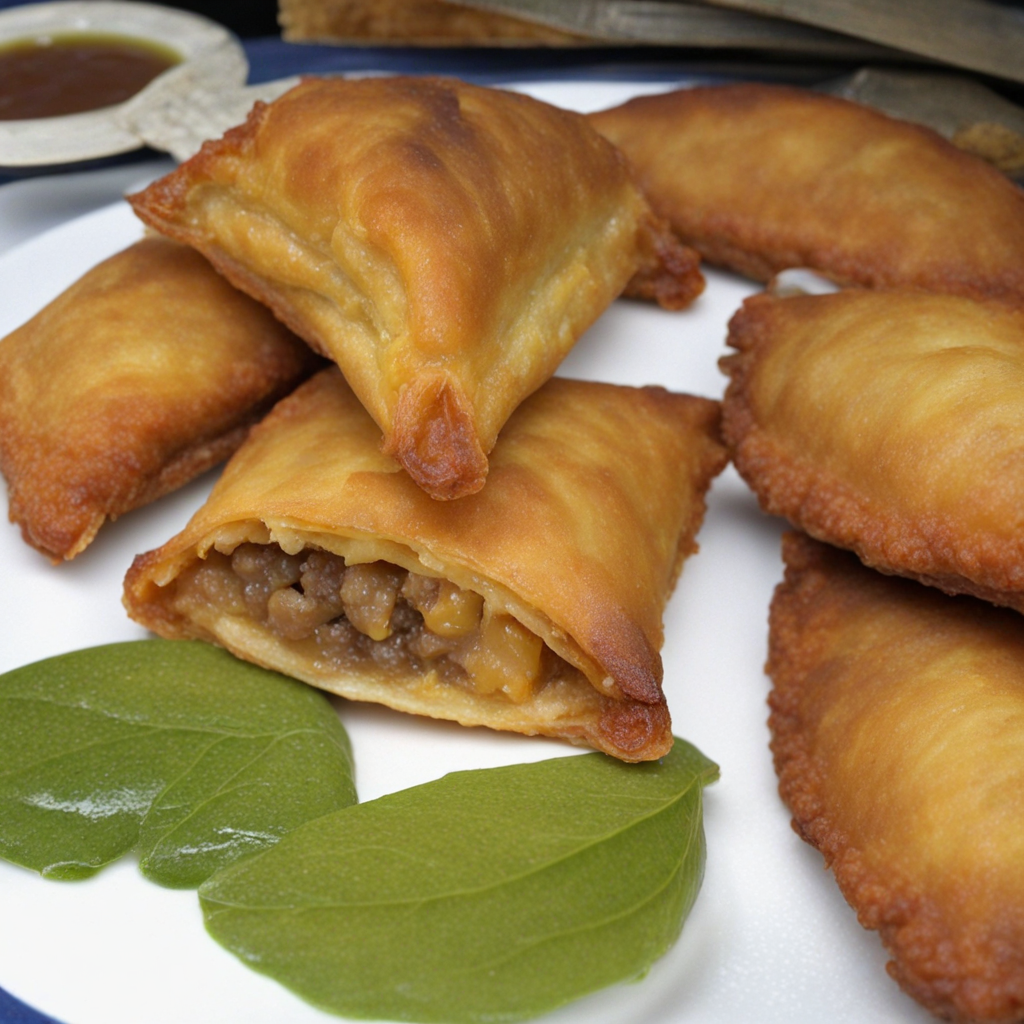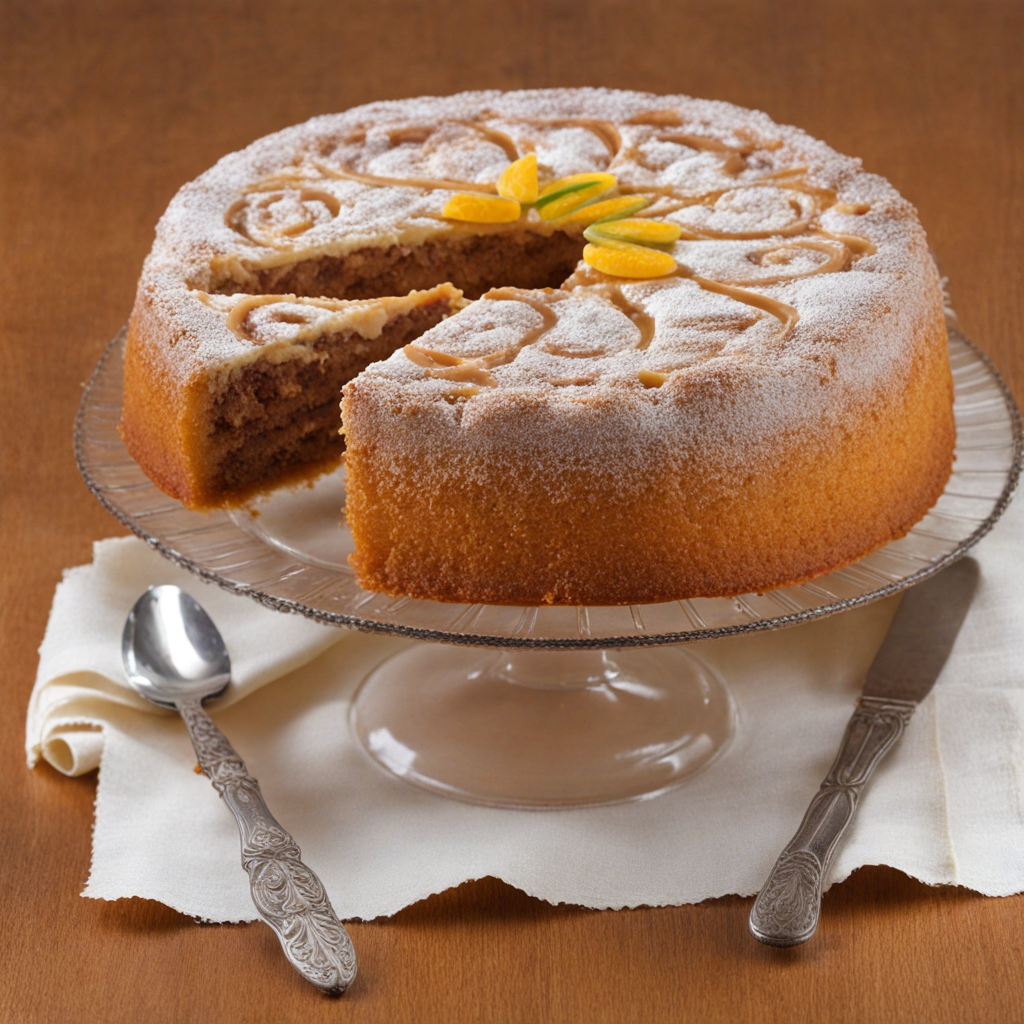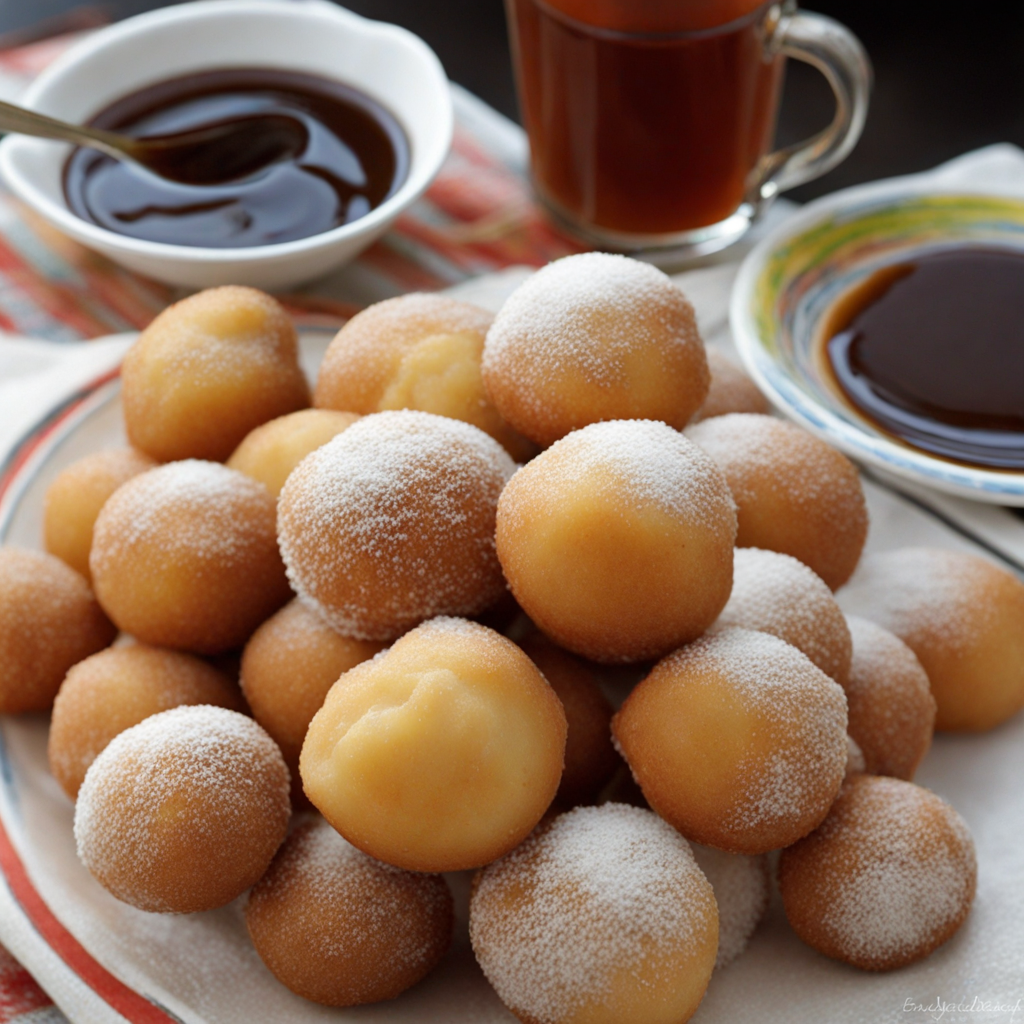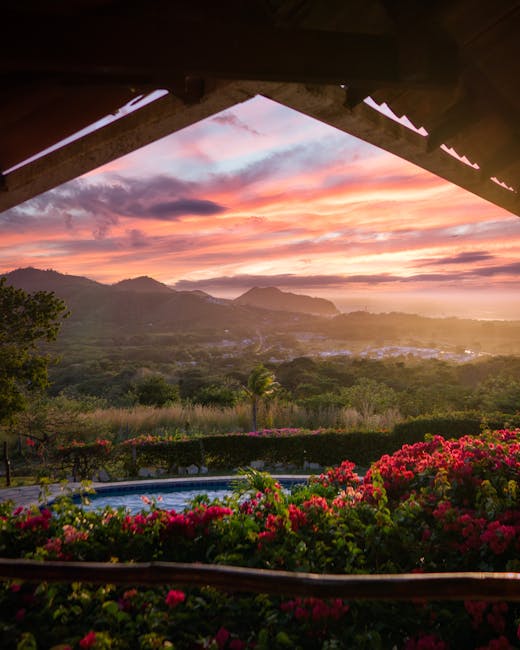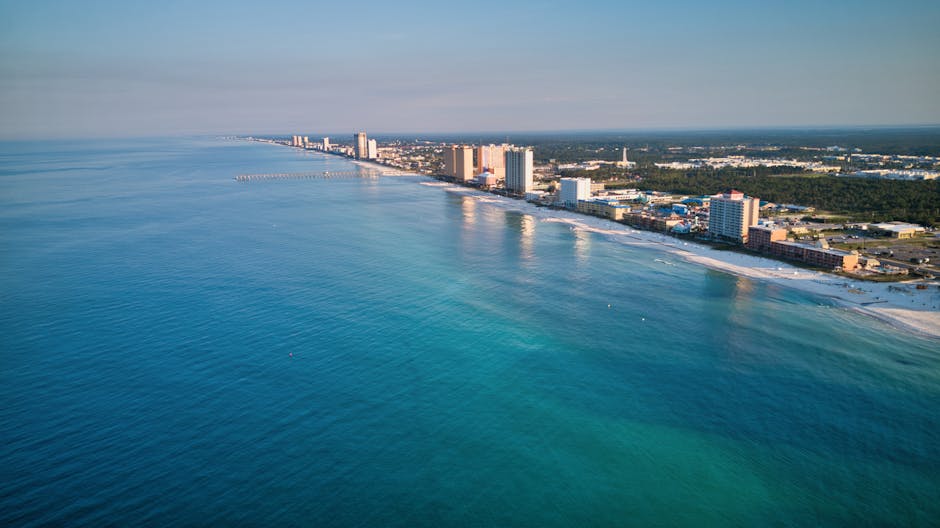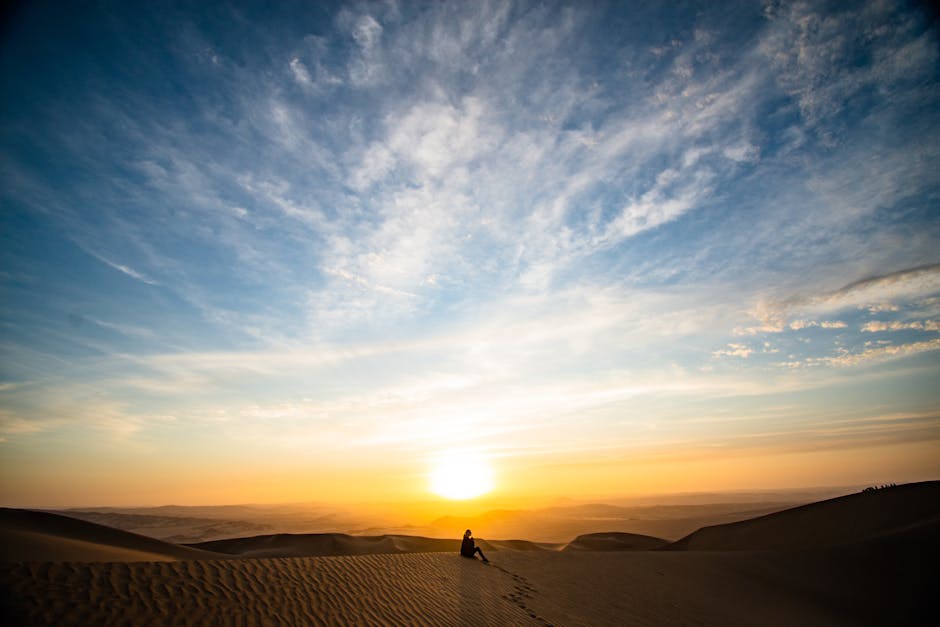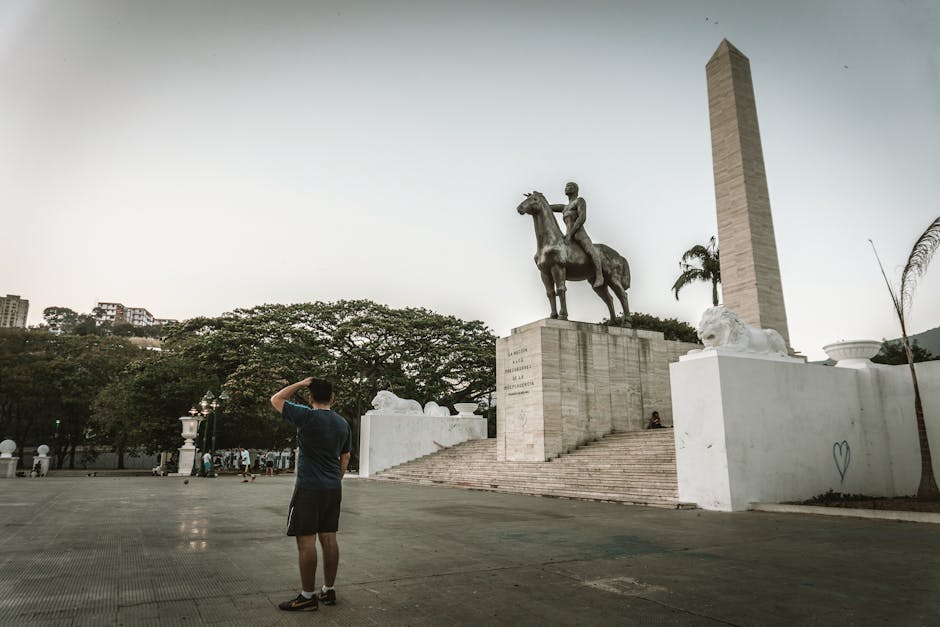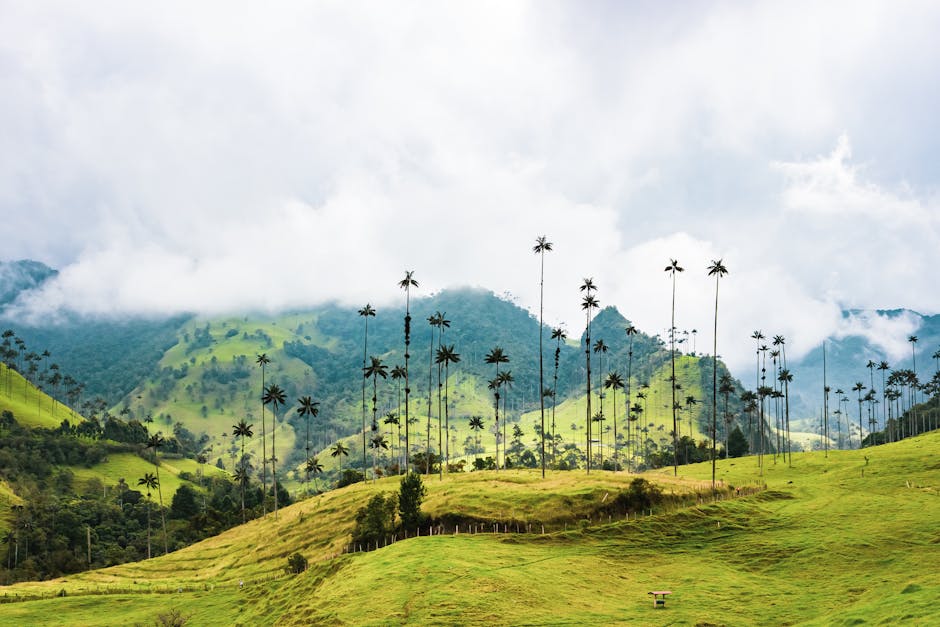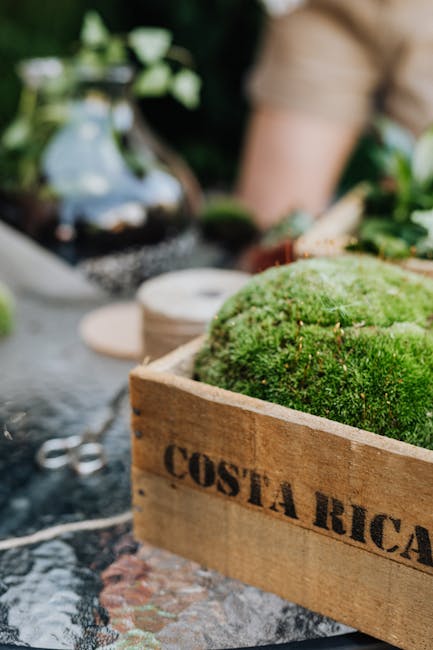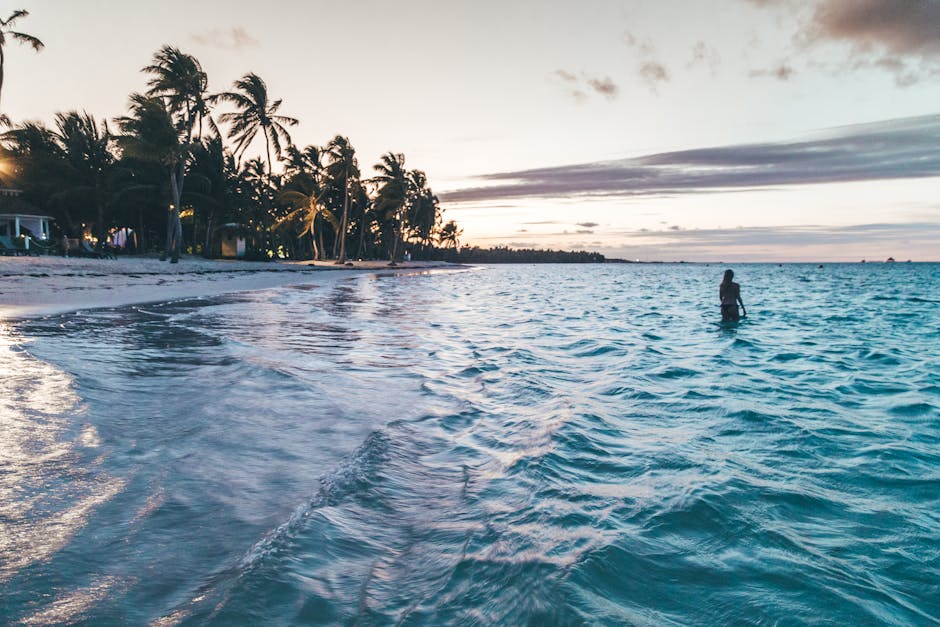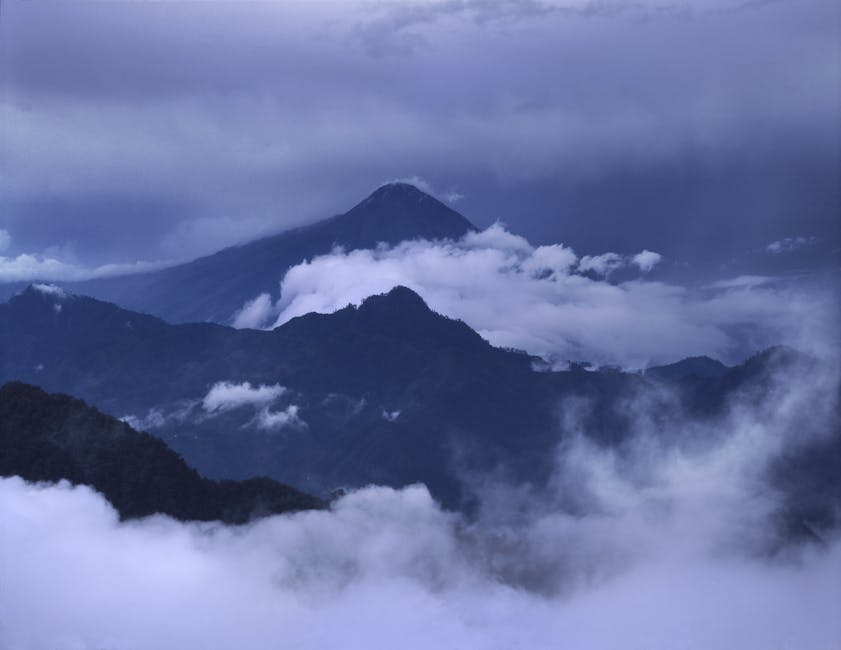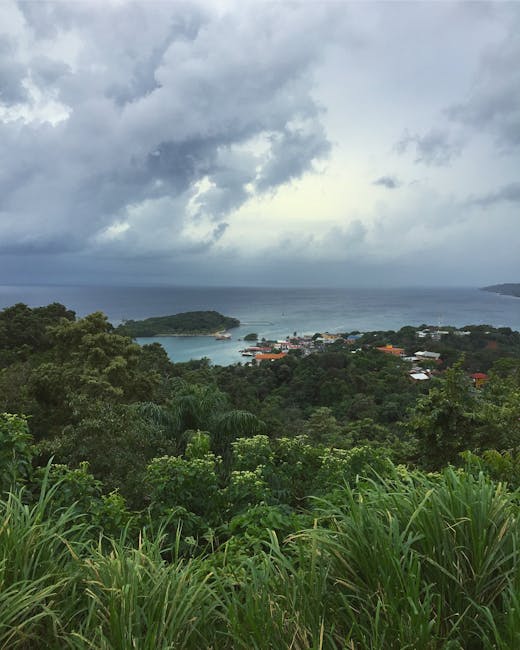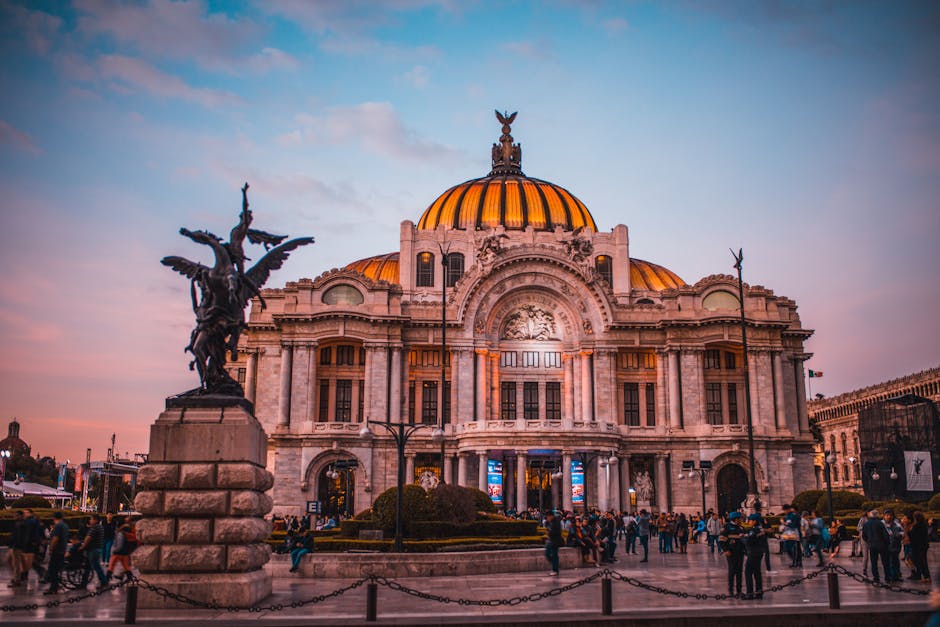El Salvador
Overview
El Salvador, the smallest and most densely populated country in Central America, is a hidden gem waiting to be discovered. This tropical country is known for its stunning Pacific Ocean beaches, impressive volcanoes, and Mayan ruins. El Salvador's culture is a unique blend of indigenous and Spanish influences, expressed in everything from the food to the music. Salvadorans are renowned for their warmth and hospitality, always ready to share a meal or a story with visitors. The country is also unique for its currency, the U.S. Dollar, making it an easy transition for American tourists.
The high season for tourism in El Salvador is from November to April, coinciding with the dry season. The weather during this period is warm and sunny, providing perfect conditions for outdoor activities. Surfing is one of the most popular activities, with world-class waves drawing surfers from around the globe. The country's numerous volcanoes offer excellent hiking opportunities, with the Santa Ana Volcano being a particular favorite. For history buffs, the Mayan ruins at Tazumal and Joya de Cerén - a UNESCO World Heritage Site known as the "Pompeii of America," are must-see destinations. Food lovers will enjoy exploring the local cuisine, particularly the national dish, pupusas – a delicious stuffed tortilla.
Before visiting El Salvador, it's crucial to prepare adequately. Ensure your passport is valid for at least six months beyond your planned departure date. Tourist visas are not required for stays of 90 days or less, but you will need to purchase a tourist card upon arrival. Vaccinations for Hepatitis A and B, typhoid, and rabies are recommended. Spanish is the country's official language, so learning a few basic phrases can be helpful. Make sure to pack sun protection, including a hat and sunscreen, as well as sturdy shoes for hiking. Lastly, while El Salvador has made significant strides in improving security, it's essential to stay vigilant, avoid isolated areas, especially at night, and keep your belongings secure.
A Glimpse into the Past
El Salvador, the smallest country in Central America, is rich in history, culture, and natural beauty. The nation is known for its stunning landscapes, vibrant communities, and a complex past that has shaped its present. From ancient indigenous civilizations to modern-day challenges, El Salvador offers travelers a fascinating glimpse into its diverse heritage.
Indigenous Civilizations
Before the arrival of the Spanish in the 16th century, the region was inhabited by various indigenous groups, primarily the Pipil people, who spoke Nahuatl. They established numerous settlements and developed agricultural practices, particularly in maize and beans cultivation. The most notable archaeological site is Tazumal, located in the western part of the country. Here, visitors can explore ancient pyramids and ceremonial sites that reflect the architectural prowess of the Pipil civilization.
The indigenous culture still influences contemporary Salvadoran society. Traditional festivals, music, and cuisine are infused with indigenous elements, providing a rich cultural tapestry that travelers can experience. For instance, the colorful Fiesta de San Salvador, celebrated in early August, showcases a blend of indigenous and Spanish traditions through parades, music, and food.
Spanish Colonization
In 1524, Spanish conquistador Andrés de Sola arrived in El Salvador, marking the beginning of Spanish colonization. The Spanish established settlements, introducing Christianity and European agricultural practices while devastating indigenous populations through violence and disease. The city of San Salvador was founded in 1525, becoming the new capital.
The colonial period saw the establishment of haciendas, large estates that produced coffee and sugar, becoming the backbone of the Salvadoran economy. This agrarian system, heavily reliant on indigenous labor, created profound social divisions that would persist through the centuries. Travelers can explore colonial architecture in towns like Suchitoto, known for its cobblestone streets and well-preserved buildings.
Independence and the Birth of the Republic
El Salvador, along with the other Central American provinces, gained independence from Spanish rule on September 15, 1821. Initially part of the Mexican Empire, it later became a member of the United Provinces of Central America before finally declaring itself a sovereign republic in 1841. This period was marked by political instability, with power struggles among elite factions.
The coffee boom in the late 19th century transformed El Salvador’s economy, leading to increased wealth for a small elite while exacerbating poverty among the majority. This economic disparity would sow the seeds of social unrest, ultimately culminating in the events of the 20th century.
The Civil War
The Salvadoran Civil War, lasting from 1980 to 1992, was a pivotal moment in the country’s history. Sparked by social inequalities and political repression, the conflict pitted the government against the leftist guerilla groups, notably the Farabundo Martí National Liberation Front (FMLN). The war resulted in the deaths of approximately 75,000 people and left thousands more displaced.
Travelers can visit the National Museum of the Revolution in San Salvador, which documents the struggle and its impacts on Salvadoran society. The museum provides insight into the human rights violations that occurred during the war and the subsequent peace process that led to the signing of the peace accords in 1992.
Post-War Era and Modern Challenges
Following the civil war, El Salvador faced numerous challenges, including political corruption, economic instability, and rising crime rates. Despite these issues, the country has made significant strides in rebuilding its infrastructure and fostering economic growth. Tourism has emerged as a vital sector, with visitors drawn to the country's stunning beaches, such as El Tunco, known for surfing, and the picturesque landscapes of La Libertad.
Moreover, El Salvador is home to several UNESCO World Heritage Sites. The Joya de Cerén, often referred to as the “Pompeii of the Americas,” is an ancient Mayan village that was preserved under volcanic ash, offering a unique glimpse into Mayan life.
Cultural Heritage
El Salvador’s rich cultural heritage is celebrated through its art, music, and cuisine. Traditional dishes like pupusas (thick corn tortillas filled with cheese, beans, or meat) are a must-try for any visitor. The vibrant art scene, particularly in the capital, showcases the work of local artists who draw inspiration from Salvadoran history and identity.
The country also hosts various cultural festivals throughout the year, including the Festival Internacional de las Artes, which celebrates art in all forms, from dance to visual arts. Participating in these events provides a deeper understanding of the Salvadoran spirit and creativity.
Nature and Adventure
El Salvador’s geographical diversity offers travelers a plethora of outdoor activities. The country is renowned for its stunning volcanoes, such as San Salvador Volcano and Izalco, both popular hiking destinations. The lush landscapes of El Imposible National Park are ideal for nature enthusiasts, with opportunities for hiking, bird watching, and exploring coffee plantations.
The coastal region boasts beautiful beaches, perfect for surfing and relaxation. Las Flores and El Zonte are two of the top surfing spots, attracting both local and international surfers.
Current Developments
In recent years, El Salvador has gained international attention for its innovative approach to cryptocurrency, becoming the first country to adopt Bitcoin as legal tender. This bold move has sparked discussions about the future of finance and technology in the region.
However, the country still grapples with issues such as gang violence and economic inequality. The government continues to implement measures aimed at improving security and economic opportunities for its citizens.
With its rich history, vibrant culture, and stunning natural beauty, El Salvador presents a unique travel destination. Visitors can immerse themselves in the local culture, explore historical sites, and enjoy breathtaking landscapes, all while gaining insight into a nation that is continuously evolving.
Top cities for tourists in El Salvador
Discover the Famous Cities That Might Captivate Your Interests
Must-Try Foods You Can't Afford to Miss
Indulge in a Variety of Fantastic Foods During Your Stay in El Salvador
May Be Your Next Destinations
People often choose these countries as their next destination


